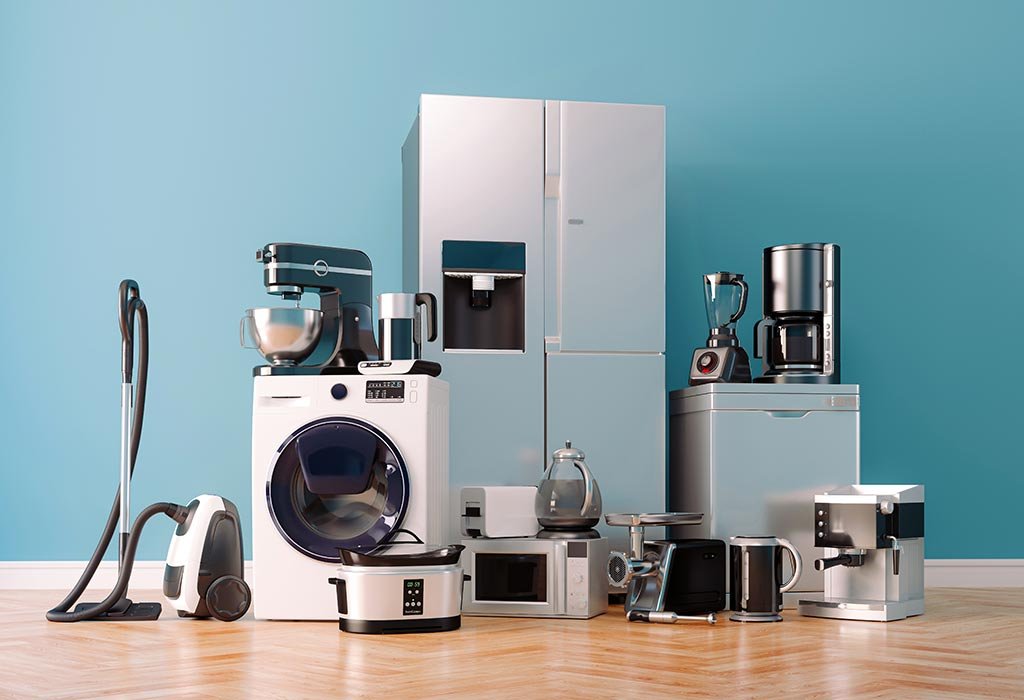12 Ways To Prepare Your Home For A Freeze
1. Gaurd Water Pipes
To prevent outdoor plumbing fixtures from freezing, make sure to disconnect and store garden hoses when the weather gets cold. Then, shut off the water to your outdoor faucets, drain the lines, and insulate the hose bibs. For indoor plumbing pipes running through exterior walls, keep an eye on them during winter and ensure that the wall insulation meets the recommended standards.
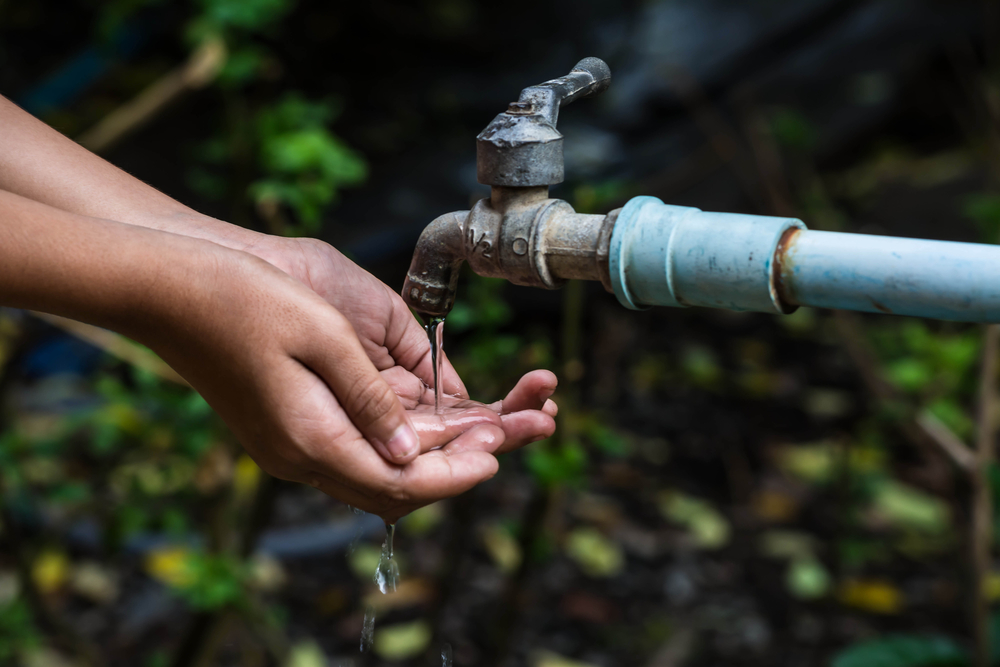
2. Seal Holes and Cracks
Even tiny openings where cable wires or phone lines come into your house can let in freezing air or allow precious indoor heat to escape. Grab a can of foam insulation like Great Stuff spray foam and seal them up. Then, use weather stripping, spray foam insulation, or caulking to fix any cracks around your doors and windows. In areas with cold winters, it’s a good idea to make checking your home’s exterior for cracks and gaps an annual routine.

3. Keep Water Flowing
If any of your indoor faucets are on outside walls without enough insulation, let them drip slowly when temperatures drop well below freezing. You usually only need to do this during extremely cold spells. Faucets and pipes along exterior walls are more prone to freezing. For best results, slightly open both the hot and cold lines since both can be vulnerable. You can also try leaving cabinet doors open to let the room air warm your pipes. Stay cozy and worry-free!
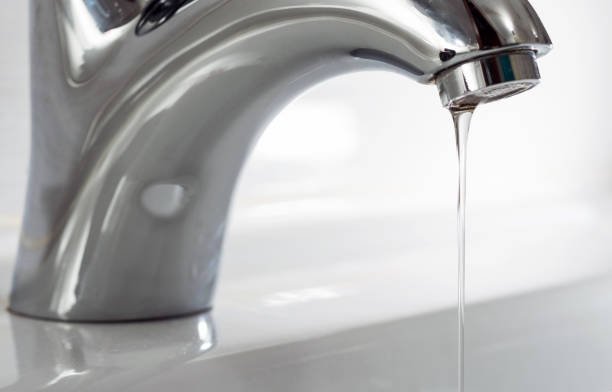
4. Add Insulation
To avoid frozen pipes and keep your home cozy, it’s important to have proper insulation throughout your house. This means insulating your exterior walls, crawl space or basement, attic, and even the pipes themselves in some cases. You might want to check if your local energy utility company provides free in-home energy audits. They can assess your energy usage and suggest the best ways to improve insulation, like bringing the R-value in walls and ceilings up to recommended levels for your region.
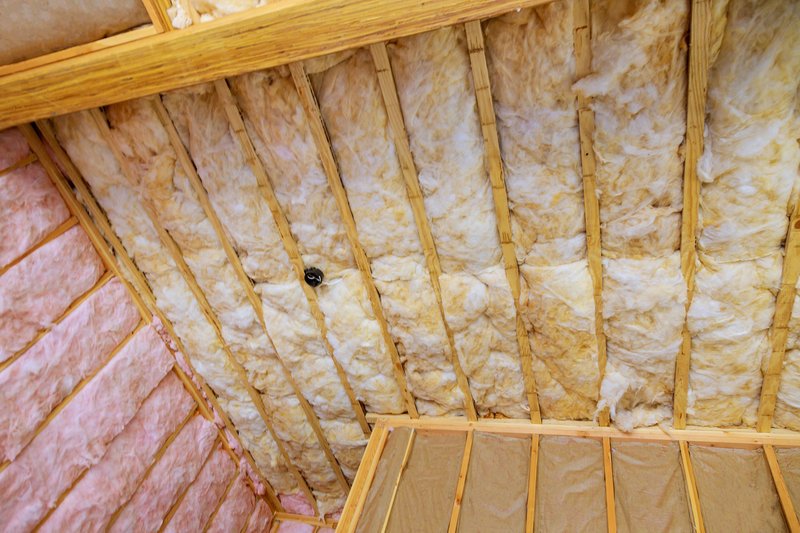
5. Keep Water Shut-off Accessible
If a water line ever freezes and bursts, you gotta shut off the water supply right away. If there’s stuff blocking easy access to your main water shut-off valve, rearrange your basement or garage so it’s easier to get to in case of a plumbing emergency. Then, check that the shut-off valve is working properly. Turn the valve handle all the way clockwise to shut off all the water in the house. If the valve is rusty and won’t close completely, or if it’s only partially closing, it’s best to call a professional plumber to replace the main shut-off valve. Take it a step further and make sure everyone in your house knows where the shut-off valve is and how to use it to turn off the water.
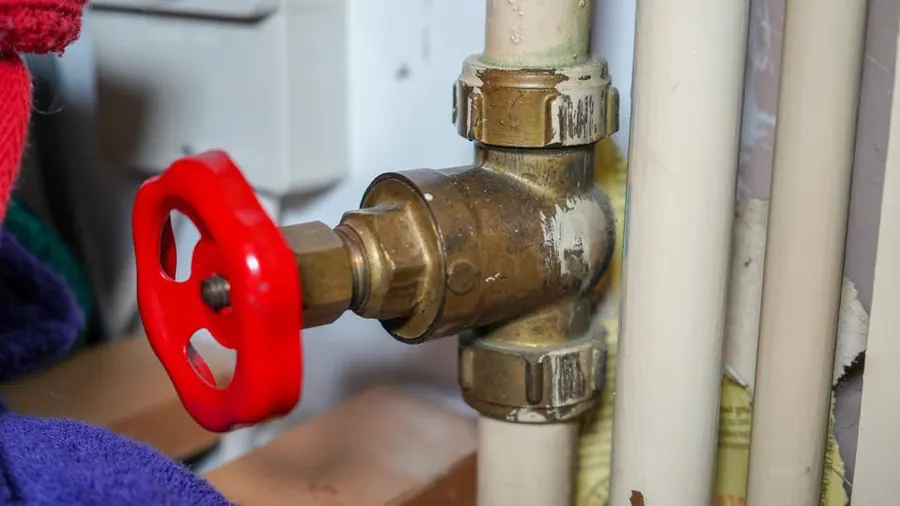
6. Locate Your Water Meter
Consider getting a meter key or keeping an adjustable wrench nearby. That way, you’ll be able to shut off the water at the meter if the shut-off valve ever fails. It’s also a smart move to practice turning the water on and off so you’ll know exactly how to do it if the situation arises.

7. Keep Garage Doors Closed
If your garage is connected to your house, try to keep the garage door closed as much as possible. This will help keep the cold air out of your house and protect the plumbing fixtures in your garage, as well as the pipes in the walls shared by the house and garage.

8. Clean Gutters
Make sure to set aside some time to clean your gutters before the freezing temperatures arrive. If you want to make it easier to keep them clean, you can also consider installing gutter screens or “helmets” to prevent leaves from clogging them.

9. Check Attic Ventilation
Take a look in your attic and make sure there’s no insulation blocking your soffits or attic vents. When there’s a free flow of air in the attic, it stops warm air from melting the snow on the roof. That way, you won’t have water running down and refreezing at the roof edges.

10. Maintain Your Thermostat
Having spare batteries on hand for your thermostat is a smart move to ensure it can keep running continuously. You never know when you might need them, so it’s always good to be prepared.

11. Prepare for Vacation
If you’re planning on being away from home for a while during winter, it’s a good idea to shut off the water to your house and drain the plumbing system. That way, you won’t have to worry about any freezing pipes or plumbing issues while you’re gone. For added peace of mind, you can also consider getting a freeze alarm for your home. These alarms can monitor the temperature and send you alerts via text or email if it gets dangerously cold. It’s like having insurance for your home! Speaking of insurance, make sure your homeowner’s policy is up to date and provides good coverage for any damage that could be caused by freezing temperatures. It’s always better to be prepared and have that peace of mind.

12. Keep Your Appliances Up to Date
Old appliances can really drain your energy and make things tough. By keeping your appliances, like furnaces, portable space heaters, and electric wall heaters, up to date, you’ll boost your home’s energy efficiency. That way, you can stay warm and cozy inside without worrying about breaking the bank.
